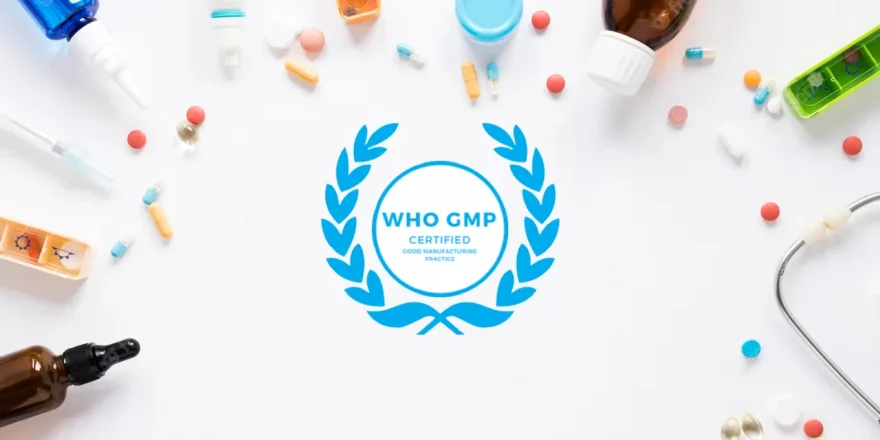Introduction:
The pharmaceutical business is a vibrant and important sector that is essential to the global healthcare system. This sector promotes innovation, meets medical demands, and enhances patient outcomes from drug development to manufacture and distribution. In this article, we’ll cover 15 things you should know about the pharmaceutical sector in order to better understand its importance, difficulties, and potential.
- Drug Discovery and Development: The pharmaceutical business makes significant investments in R&D to find and create new medicines, solving unmet medical needs, and enhancing available treatment options.
- Clinical Trials: A drug must go through extensive clinical trials to determine its safety, effectiveness, and dosage needs prior to receiving approval for usage. These trials have several stages and a lot of testing on people.
- Regulatory Approval: Before a drug may be marketed and supplied to the general public, it must first receive regulatory approval from health organisations like the European Medicines Agency (EMA) and the U.S. Food and Drug Administration (FDA).
- Intellectual Property Protection: To secure their inventions and recuperate their investment in drug development, pharmaceutical corporations rely on patents. Patents provide exclusive rights to manufacture and market a medicine for a predetermined time.
- Generic Medications: When a patent on a drug expires, other producers can start making generic versions of it, providing less expensive substitutes for the original, branded product.
- Quality Control and Good Manufacturing Practices (GMP): Pharmaceutical businesses follow stringent GMP standards and quality control procedures to guarantee the consistency, potency, and safety of their goods.
- Supply Chain Management: The pharmaceutical sector oversees intricate supply chains that include the procurement of raw materials, production, packaging, distribution, and timely delivery of pharmaceuticals to patients and healthcare professionals.
- Pricing and Affordability: Pharmaceutical costs have been a topic of discussion, with the industry facing significant difficulties in striking a balance between affordability and recovering R&D expenditures.
- Global Market Reach: The pharmaceutical industry is a worldwide one, with businesses marketing and selling their goods in numerous nations while adjusting to various regulatory frameworks and healthcare delivery systems.
- Biotechnology and Personalized Medicine: The development of drugs has been transformed by biotechnological innovations, which have made it possible to generate personalised, genetically-tailored treatments and targeted therapies.
- Pharmacovigilance: To monitor and report adverse drug responses, pharmaceutical corporations have effective pharmacovigilance systems, ensuring the continuous safety and efficacy of medicines on the market.
- Digital Transformation: In order to improve patient outcomes, streamline operations, strengthen research capacity, and enable telemedicine and remote patient monitoring, the pharmaceutical sector is embracing digital technologies.
- Healthcare Partnerships: Innovation, knowledge sharing, and better patient care are all facilitated by collaboration between pharmaceutical corporations, healthcare providers, academic institutions, and governmental organisations.
- Rare Diseases and Orphan Drugs: The pharmaceutical business concentrates on creating cures for uncommon diseases that only affect a small percentage of people. Creating orphan medications and gaining specialised regulatory classifications and incentives are frequent components of these efforts.
- Future Trends: Emerging trends in the pharmaceutical sector include gene treatments, immunotherapies, the use of artificial intelligence in drug research, and the rising significance of precision medicine.
Conclusion:
The diversified pharmaceutical business is committed to enhancing human health and wellbeing. It includes medication development, testing in humans, production, regulatory compliance, and market access. The industry continues to improve medical knowledge and provide cutting-edge solutions for patients worldwide by keeping up with new trends and difficulties. It is possible to comprehend the effect of the pharmaceutical sector and continuous efforts to improve healthcare outcomes for everybody when we are aware of its complexities.
Disclaimer: The information provided in this blog is for informational purposes only and does not constitute financial or investment advice.

















